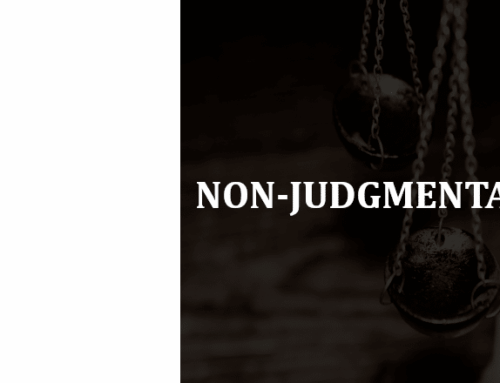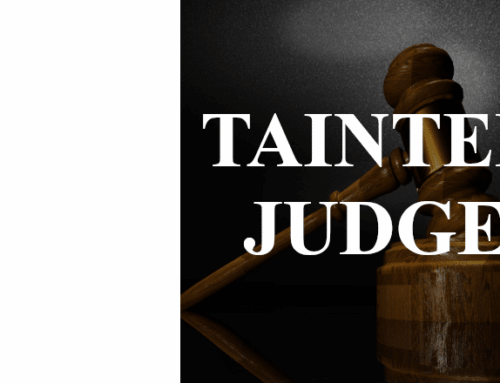Catholic League president William Donohue commented today on Catholic politicians who claim to personally agree with a teaching of the Catholic Church, yet feel obligated not to vote that way:
“Senator John Kerry, the likely Democratic contender for the White House, addressed the issue of same-sex marriage yesterday: ‘I personally believe that marriage is between a man and a woman.’ He made it clear that his personal beliefs, which are identical to the position of the Catholic Church on this subject, would determine his public position. Put differently, Kerry does not believe that his opposition to same-sex marriage, which mirrors the teachings of the Catholic Church, creates a church and state dilemma for him.
“But when the subject switches to reproductive rights, Kerry maintains that he cannot allow his personal opposition to abortion to determine his voting record on the subject. Why? Because then he would be imposing his Catholic beliefs on others. So as to skirt an alleged church and state dilemma, Kerry opts for abortion rights. Or so he says.
“This begs the question: Why is it acceptable for a Catholic politician to ratify the Church’s teaching on marriage but not abortion? Alternatively, why is it possible to avoid a church-state dilemma when voting to affirm the Church’s teaching on one public policy issue, but not another?
“As long as the issue is a public policy concern, and not a peculiarly sectarian interest (e.g. dietary laws), lawmakers of faith can easily reconcile their personal beliefs—grounded in an informed religious conscience—with the votes they cast. Thus, the mere invocation of a church and state dilemma does not reflexively settle the issue. What may be at play is pure politics, having nothing to do with any alleged constitutional question.”








